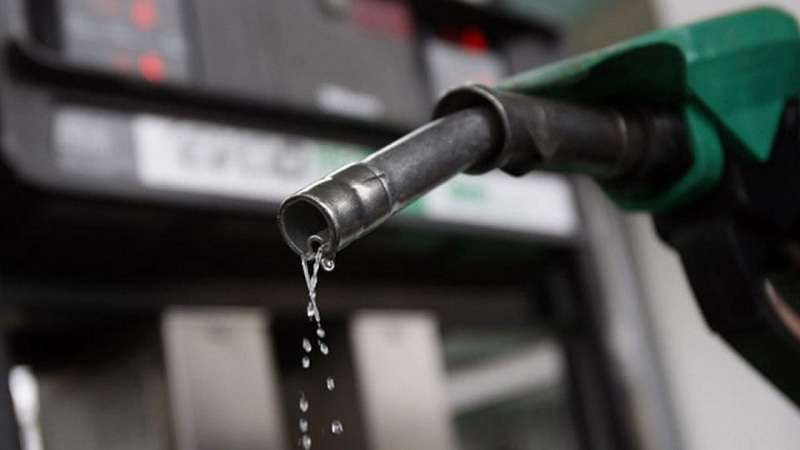Pakistan has updated petroleum prices on April 24, 2024. Check the petroleum prices before filling your vehicles’ tanks.
In its recent update for the second half of April 2024, the authorities outlined a significant price increase for petrol, which surged by Rs 4.53 per liter, and high-speed diesel (HSD), which rose by Rs 8.14 per liter. Following the revision, the new prices are set at Rs 293.94 per liter for petrol, up from Rs 289.41, and Rs 290.38 per liter for high-speed diesel, an increase from Rs 282.24.
The finance division explained that the decision to adjust fuel prices upwards was influenced by the global market trends observed during the previous fortnight. The Oil and Gas Regulatory Authority (OGRA) based its recommendations on these international market fluctuations, leading to the updated consumer pricing.
“The revised prices for motor spirit (petrol) and diesel starting from April 16, 2024, reflect the global economic conditions impacting the petroleum sector,” stated the finance division in its announcement.
Market analysts are concerned about the broader economic effects of this price hike. They predict that the increase in fuel costs is likely to trigger a rise in the prices of essential commodities, intensifying the already high inflation burden on consumers. This could have a far-reaching impact on household budgets, particularly for those already facing economic hardships.
The latest adjustments come at a time when Pakistan is dealing with persistent economic challenges, including mounting inflationary pressures and a sizeable fiscal deficit. The government is caught in a tough balancing act between enhancing its revenue streams and alleviating the financial strain on the populace, especially the economically vulnerable.
While the hike in petrol and diesel prices may temporarily boost government revenues, it poses a direct threat to the cost of living for ordinary Pakistanis. The most significant impact is likely to be on lower-income families, for whom transport and basic goods consume a large portion of their monthly budget.
Additionally, the uptick in fuel costs is expected to inflate prices across various economic sectors, potentially reducing consumer spending and exacerbating the economic slowdown.
In light of these developments, consumer groups and social advocates are likely to intensify calls for government intervention. There may be increased demand for the government to implement targeted subsidies or other relief measures to mitigate the impact of the fuel price rises on the less affluent segments of the population.
As Pakistan continues to recover from the economic shocks of the pandemic, the recent fuel price increases highlight the ongoing challenges faced by policymakers. They must navigate the complex terrain of fiscal requirements and socio-economic welfare, striving to support economic stability while ensuring that the burdens of austerity do not fall disproportionately on those least able to bear them.
